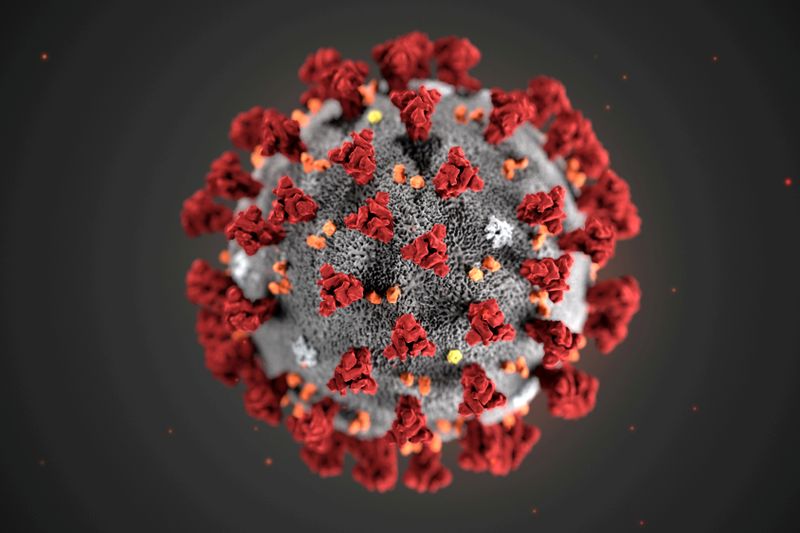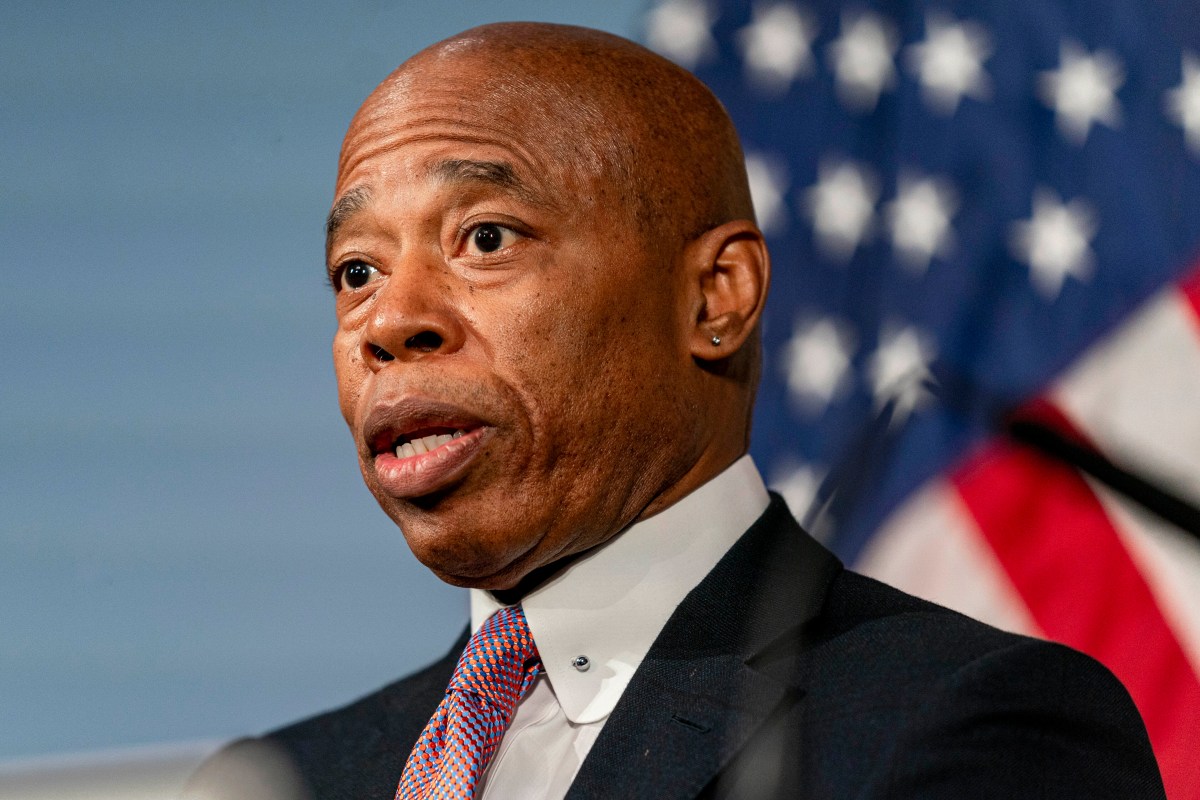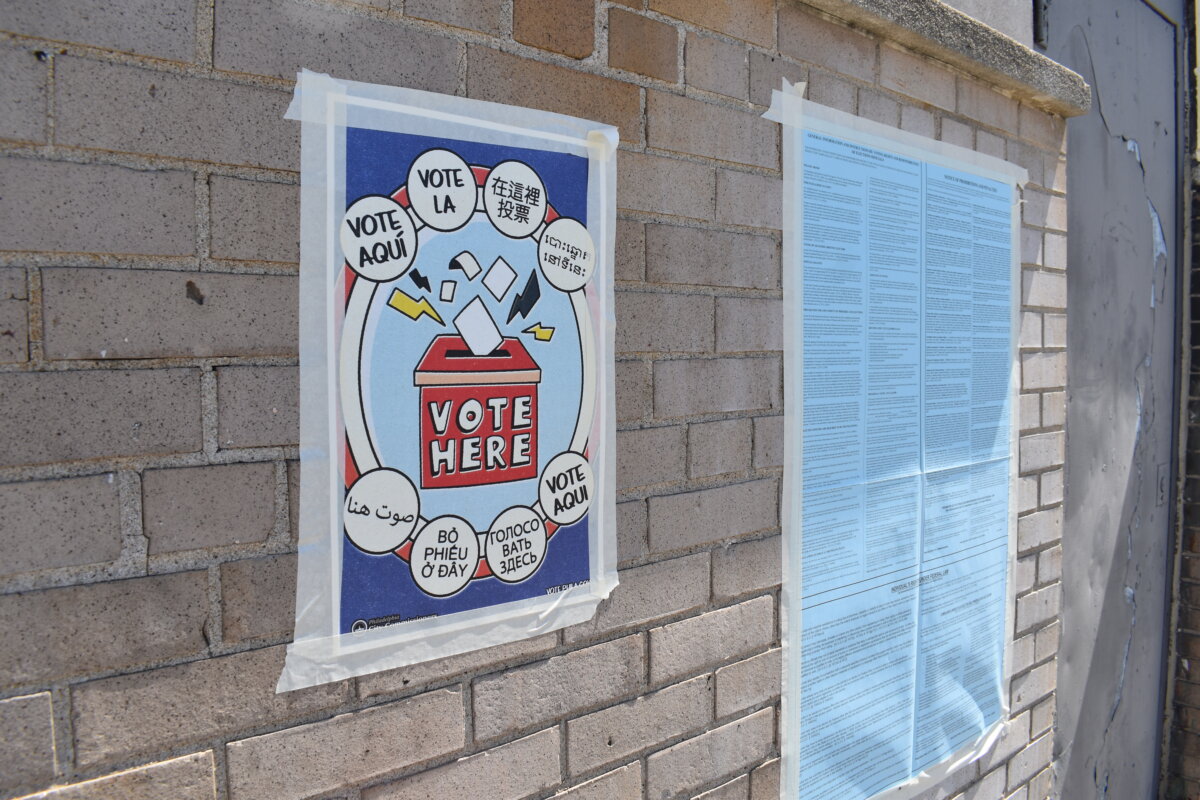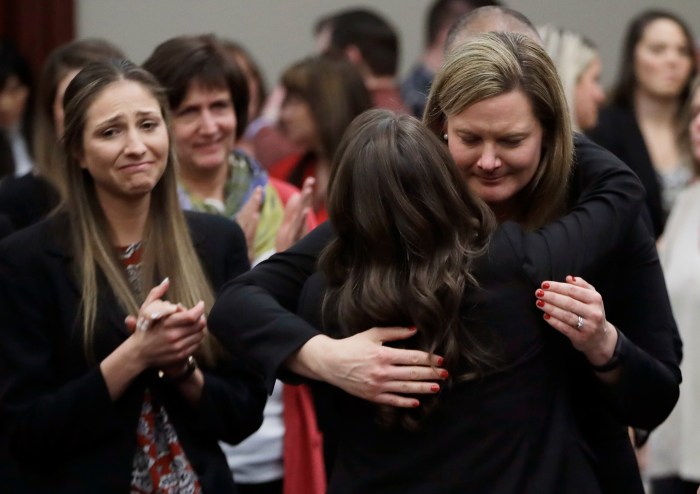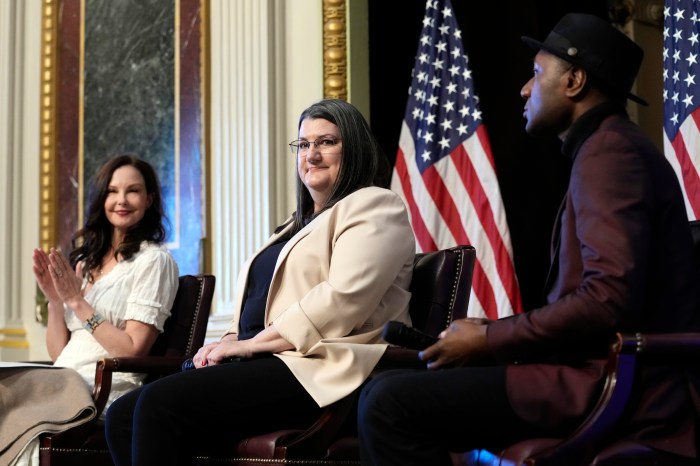(Reuters) –
Here’s what you need to know about the coronavirus right now:
Vaccine timeline
The leading U.S. expert on infectious diseases, Anthony Fauci, predicted on Wednesday the country will meet its goal of having a coronavirus vaccine by year’s end. While there are no guarantees, “I feel good about the projected timetable,” Fauci told Reuters.
Many experts see a safe and effective vaccine as the only way out of the pandemic that has infected millions and killed more than 575,000 people worldwide.
Even if a vaccine succeeds in provoking an immune response, Fauci said it is still not clear how long that protection will last. “These are questions that don’t have answers right now, because we’re only six months into the outbreak.”
He said it may take a year before that immunity question is answered.
COVID-19 benefits led to U.S. spending boost
Americans who received enhanced unemployment benefits due to the coronavirus pandemic spent more than when they were working, a study released on Thursday said, adding to concerns about a steep fall in spending when the emergency benefits expire.
The $600 weekly supplement added to jobless benefits as part of the CARES Act helped unemployed households spend 10% more after receiving benefits than they did before the pandemic, according to research by the JPMorgan Chase Institute.
Researchers analysed transactions for 61,000 households that received unemployment benefits between March and May. Spending dropped for all households as the virus spread and led to business shutdowns, but then rose when households began receiving jobless benefits, the study found.
That contrasts with a typical recession, when households receiving unemployment benefits usually cut spending by 7% because regular jobless benefits amount to only a fraction of a person’s prior earnings, the research found.
Fears over Japan’s tourism push
A multibillion-dollar Japanese campaign to boost domestic tourism faced scrutiny on Thursday, with the economy minister due to meet experts, as critics worried that encouraging people to travel out of Tokyo risks spreading the new coronavirus.
The concerns in Japan highlight a conundrum facing countries around the world over how to balance reviving economies battered by the coronavirus while safeguarding public health.
Economy Minister Yasutoshi Nishimura is due to meet experts to discuss the government’s “Go To” campaign to promote domestic tourism, a day after Tokyo Governor Yuriko Koike questioned its timing and methods.
Japan has not seen the kind of explosive spread of the virus that has killed tens of thousands in other countries. But new cases, in Tokyo in particular, have stoked alarm, with the city raising its coronavirus alert to the highest level.
Novartis to provide ‘no profit’ drugs
Novartis’s Sandoz division will not make a profit on 15 generic drugs it is making available to developing countries to treat symptoms of COVID-19.
The Swiss drugmaker plans to maintain the zero-profit programme until the pandemic ends or a vaccine or cure is found, Novartis Global Health Chief Operating Officer Lutz Hegemann said in an interview.
While Novartis has not seen supply-chain shortages despite increasing demands for COVID-19 medicines, Hegemann said this new programme aimed to help to keep vulnerable healthcare systems in Africa, Asia, South America and European countries Ukraine and Moldova from becoming overloaded.
Black masks, white roses
Wearing black face masks, Spanish and foreign dignitaries paid tribute to the victims of the coronavirus pandemic and the health workers combating it in a ceremony on Thursday led by King Felipe VI.
Many of the roughly 400 guests outside the Royal Palace in Madrid, including relatives of some of the more than 28,000 victims of the disease in one of Europe’s worst-hit countries, laid white roses on a black pedestal surrounding a bowl of burning coals.
The king told the relatives of the victims: “You are not alone in your pain, it’s our shared pain, it’s our grief that today is witnessed here by all Spaniards.”
He said many of those who had died were elderly people “whose lives changed the course of our history” towards democracy.
(Compiled by Linda Noakes and Karishma Singh; Editing by Mark Potter)

